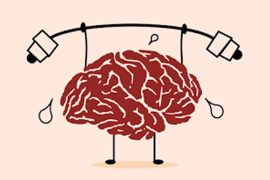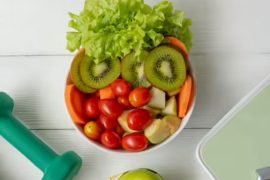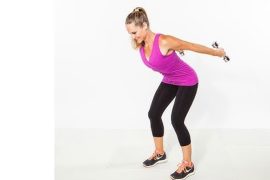Polycystic ovary syndrome (PCOS) is indeed a significant health concern affecting many women, characterized by a range of physical symptoms such as irregular periods, excessive hair growth, acne, weight gain, thinning hair, and ovarian cysts. These physical manifestations often have profound emotional and psychological impacts as well.
PCOS not only affects women physically but also mentally. The syndrome can lead to feelings of diminished beauty due to issues like obesity, hirsutism (excessive hair growth), hair loss, and facial acne. Menstrual irregularities and infertility associated with PCOS can further exacerbate emotional distress, leading to feelings of shame, decreased self-confidence, and a sense of inferiority compared to other women.
These psychological effects highlight the importance of comprehensive care for women with PCOS, addressing both the physical symptoms and the emotional toll the condition can take. Treatment approaches often include lifestyle modifications, medication to manage symptoms, and support for mental well-being to improve overall quality of life.
In India, PCOS affects many women as stress levels rise and life becomes more hectic, with many being forced to multitask at the cost of their health.
Approach for Managing PCOS Symptoms Effectively:
Yoga offers significant benefits for managing PCOS by targeting both physical and mental aspects of the condition. Through specific asanas like Chakki Chalanasana, Baddha Konasana, and Bhujangasana, yoga helps to open and relax the pelvic area, reducing tension and promoting better circulation. These practices also aid in stress reduction, crucial for hormonal balance, and improve sleep quality, which is often disrupted in PCOS.
However, yoga’s effectiveness is enhanced when combined with a holistic approach that includes stress management techniques, such as deep breathing and meditation, along with a balanced diet rich in nutrients and low in processed foods. By addressing these factors together, yoga becomes a powerful tool in improving overall health and managing the symptoms of PCOS effectively.
Here’s a detailed summary of Rolla’s prescribed asanas and techniques for managing PCOS, along with Chandni Haldurai’s dietary recommendations:
Yoga Asanas:
- Chakki Chalanasana: Circular movements to improve digestion and spine flexibility.
- Baddha Konasana: Butterfly pose to stimulate reproductive organs and open hips and groin.
- Supta Baddha Konasana: Reclined butterfly pose for deeper inner thigh relaxation.
- Bharadvajasana: Seated spinal twist to aid digestion and detoxification.
- Bhujangasana: Cobra pose to strengthen the spine, open the chest, and improve flexibility.
Pranayama and Relaxation Techniques:
- Abdominal Breathing: Promotes better breathing and oxygenation of the body.
- Anuloma Viloma Pranayama: Alternate nostril breathing to enhance brain oxygenation and restore hormonal balance.
- Savasana: Corpse pose for deep relaxation and cortisol reduction.
Dietary Recommendations:
- Avoid: Processed foods, alcohol, refined sugar.
- Include: Adequate protein (chicken, eggs, lentils), fiber-rich foods (fruits/vegetables), whole grains (buckwheat, quinoa, oats).
- Teas: Green tea, peppermint tea, spearmint tea (regulates hormones), chamomile tea (promotes sleep).
- Omega 3 Sources: Salmon, nuts, seeds.
Moderate Consumption: Dark chocolate (75-85% cocoa) for cravings.Rolla emphasizes a holistic approach to managing PCOS through yoga asanas that enhance flexibility, stimulate organs, and aid digestion. Coupled with pranayama and relaxation techniques, these practices promote hormonal balance and reduce stress. Chandni Haldurai’s dietary advice complements these practices by focusing on nutrient-rich, hormone-balancing foods while avoiding inflammatory substances. Together, these recommendations aim to support overall health and well-being for women managing PCOS.
Disclaimer:
The information contained in this article is for educational and informational purposes only and is not intended as a health advice. We would ask you to consult a qualified professional or medical expert to gain additional knowledge before you choose to consume any product or perform any exercise.








